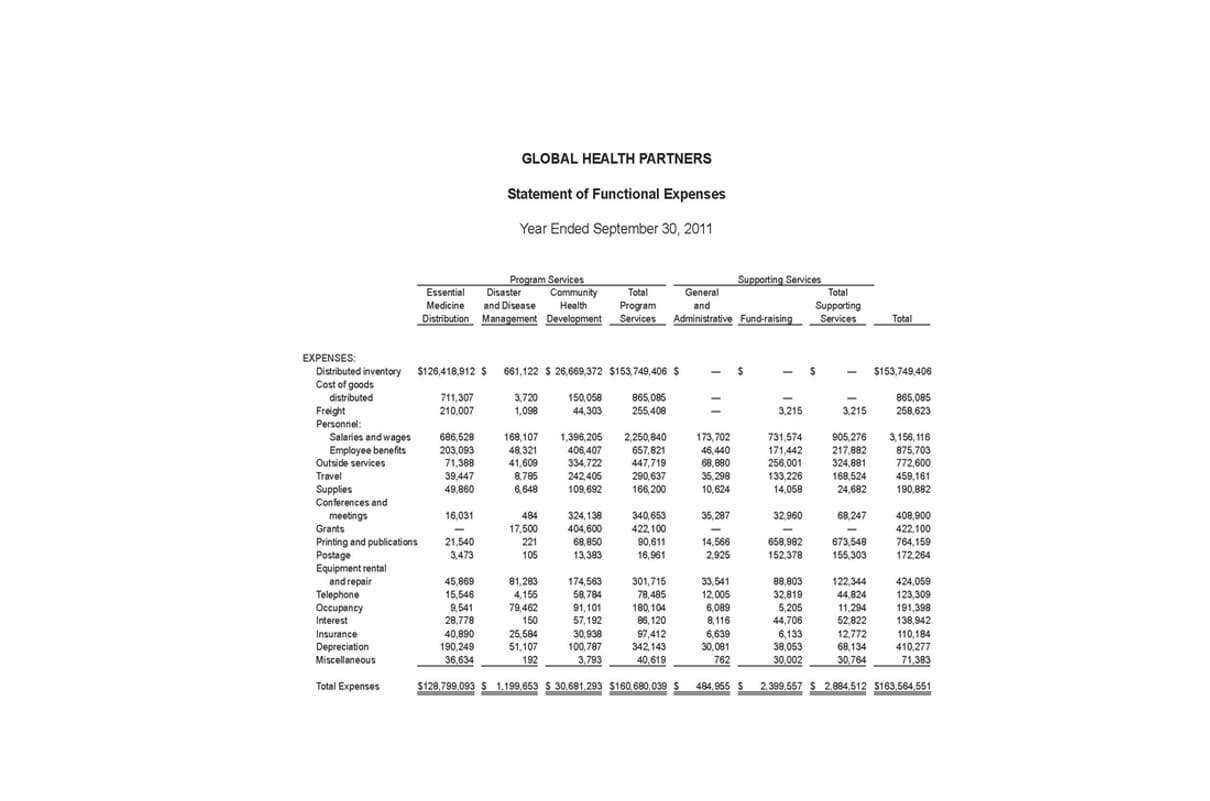
Each state has its own tax-funded SUI program that provides short-term benefits to workers who have lost their job. In most states (except for Alaska, New Jersey, and Pennsylvania), employers must pay the entire SUI amount. Payroll software and processing companies are designed to efficiently manage wages, benefits, deductions, and other necessary documents. Payroll solutions will help optimize the process of data entry, benefits management, tax filing, direct deposits, and reporting. There are many employers and business owners who simply don’t have the time and expertise to manage the payroll process.
Want to Make Your Payroll Tax Registration Hassle-free?
- Prior to joining Fundera, Priyanka was managing editor at a small business resource site and in-house counsel at a Y Combinator tech startup.
- Maintaining current records ensures smooth payroll processing and proper tax reporting across jurisdictions.
- Running payroll requires a great deal of time and specialized knowledge.
- Accurate employee data management protects both the organization and its workforce.
- Implementing direct deposit requires collaboration with financial institutions and compliance with Automated Clearing House (ACH) network regulations.
Social Security tax due is 12.4 percent and Medicare tax due is 2.9 percent of an employee’s gross taxable income. Half of those tax obligations will be withheld from employees’ pay, and the employer must employers responsibilities for payroll do not include pay the other half to the federal government. For example, if an employee’s gross taxable income for a pay period were $1,000, the Social Security deduction on the employee’s paycheck would be $62 ($1,000 x 6.2%). Similarly, an employee with gross taxable income of $1,000 for a pay period would see $14.50 withheld from their paycheck for Medicare, and their employer would pay a matching amount.

How to Make Sure You Meet Your Payroll Tax Responsibilities
Not all counties charge local income tax, but employers must withhold local taxes from employees’ pay in the areas that do. Accurate employee data management protects gross vs net both the organization and its workforce. Maintaining current records ensures smooth payroll processing and proper tax reporting across jurisdictions.

Wage and Hour Laws

For that reason, it may cost a business more than doing payroll manually or using payroll software. In case you wondered, the terms “payroll taxes” and “employment taxes” are basically the same. When it comes to anything requiring any data conversion or migration, advise employees to ensure their information is correct by reviewing it in your company’s system. If your organization is large, it may be challenging for your accounting or payroll team to review every single employee’s data. But you can streamline this process by providing steps and/or a walkthrough of the new platform. Navigating global payroll compliance requires meticulous attention to detail and an in-depth understanding of local regulations across multiple jurisdictions.

- Some pre-tax deductions reduce only wages subject to federal income tax, while other deductions reduce wages subject to Social Security and Medicare taxes, as well.
- Employers must request certain forms from employees before placing them on payroll and from contracted workers before issuing them payment for their services.
- In particular, when it comes to filing and paying your taxes, investing in professional tax advice is always helpful—after all, if you file late or incorrectly, the IRS can charge penalties or fees.
- Each jurisdiction has specific requirements for payment frequency, from weekly to monthly disbursements.
- Also, employers should avoid misclassifying exempt (salaried) and non-exempt (wage-based) employees.
These measures help ensure compliance and provide a defensible position in disputes. Priyanka specializes in small business finance, credit, law, and insurance, helping businesses owners navigate complicated concepts and decisions. Since earning her law degree from the University of Washington, Priyanka has spent half a decade writing on small business financial and legal concerns. Prior to joining Fundera, Priyanka was managing editor at a small business resource site and in-house counsel at a Y Combinator tech startup. If an employer accumulates $100,000 or more in taxes on any day during their deposit period, they must deposit the tax by the next business day.
- The term “withholding” means that you are deducting these payments from employee paychecks, based on laws and regulations that require these payments to be made.
- Regular audits ensure job descriptions and duties align, preventing costly reclassifications or back pay liabilities.
- Miscalculations could result in inaccurate tax payments, leading to late fees and other financial penalties.
- The programs include everything from Social Security and Medicare to public employee salaries and education.
- Not all counties charge local income tax, but employers must withhold local taxes from employees’ pay in the areas that do.
- In that case, taxes for payments made during a specific month are due by the 15th calendar day of the following month.
- Even so, your accounting department may find payroll duties overwhelming.
Also critical is to report and administer tax withholdings and other deductions accurately. Processing payroll accurately and on time is essential for employee morale and ensures the business complies with tax and labor laws. Payroll taxes are the taxes used to fund programs like social security, Medicare, and unemployment insurance. Since the U.S. government is divided into federal, state, and local jurisdictions, there are federal, state, and local payroll taxes. Cloud-based payroll systems can help save businesses time when managing their payroll. Self-service payroll software solutions also cost Bookkeeping for Veterinarians less than using an accountant, bookkeeper, or other full-service solution.












 Đang Online: 0
Đang Online: 0 Xem hôm nay: 73
Xem hôm nay: 73 Tổng lượt xem: 6,910,077
Tổng lượt xem: 6,910,077